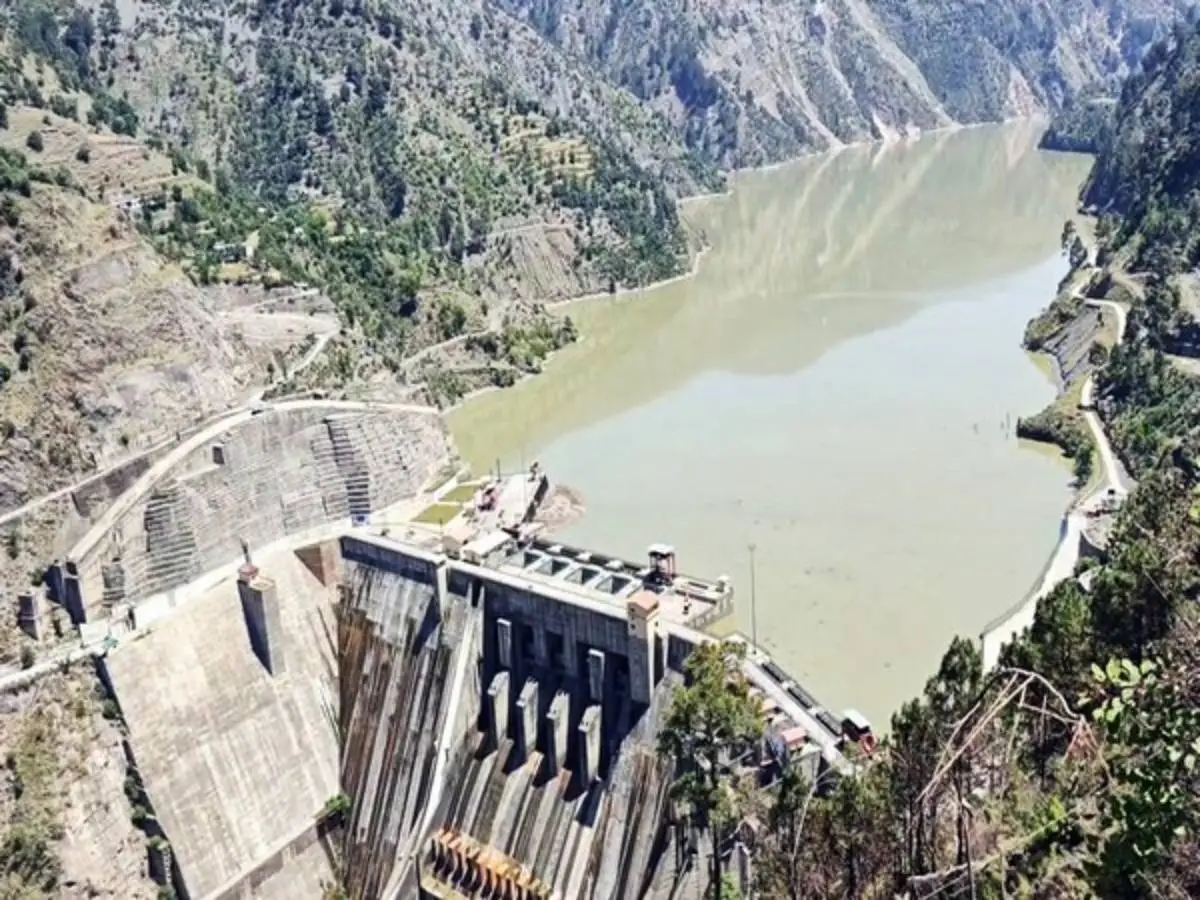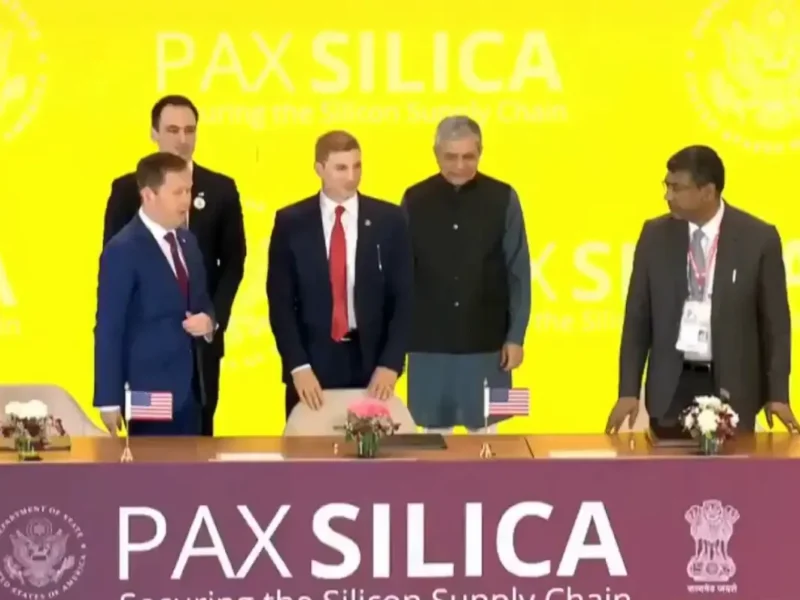
Angry Delhi Suspends Indus Treaty, Plans Water Projects To Benefit India
India-West News Desk
NEW DELHI — In an angry shift following the recent Phalgam terror attack, India had suspended its participation in the 1960 Indus Waters Treaty and is now actively exploring plans to significantly expand its use of rivers traditionally allocated to Pakistan.
Government officials have confirmed that Prime Minister Narendra Modi has directed ministries to fast-track infrastructure projects on the Indus, Chenab, and Jhelum rivers—three critical water bodies in the Indus basin. While these rivers were largely earmarked for Pakistani use under the treaty, India is now reasserting its right to harness them more fully for domestic benefit.
One of the most ambitious proposals involves doubling the length of the historic Ranbir Canal, built in the 19th century, from 60 km to 120 km. The expanded canal would boost India’s ability to divert up to 150 cubic meters of water per second from the Chenab—water that eventually flows into Pakistan’s agricultural heartland.
The Indus Waters Treaty, brokered by the World Bank and hailed as one of the most resilient international water-sharing agreements, Reuters pointed out, has withstood multiple wars and decades of animosity between the two nations.
It allocates the eastern rivers—Ravi, Beas, and Sutlej—to India, and the western rivers—Indus, Chenab, and Jhelum—largely to Pakistan, while allowing India limited non-consumptive use of the latter.
But with a changing geopolitical climate and rising domestic demands, Delhi is signaling that the status quo may no longer be sustainable.
India is permitted under the treaty to draw limited water from these rivers for irrigation and “run-of-the-river” hydroelectric projects but has historically underutilized these rights. The current plans, including new canal and dam infrastructure, reflect a strategic shift.
“Water and blood cannot flow together,” Modi declared in a fiery speech, an apparent signal of the government’s hardening stance, though he did not name the treaty directly.
Union Water Minister C.R. Paatil reinforced the message on May 16, stating, “We will try to ensure that not a drop of water goes out.”
Behind the scenes, the Ministry of Jal Shakti is reviewing proposals to redistribute water from the Indus system across northern Indian states. This includes not only expanded irrigation canals but also the development of large-scale water storage infrastructure—potentially a first for India within the Indus basin.
According to Reuters, at least five storage projects are under consideration, with four located on tributaries of the Chenab and Jhelum.
Pakistan, which relies on the Indus system for about 80% of its agriculture and the majority of its hydropower, has reacted strongly. In April, following India’s suspension of the treaty, Islamabad warned that any attempt to divert water could be viewed as an “act of war.”



